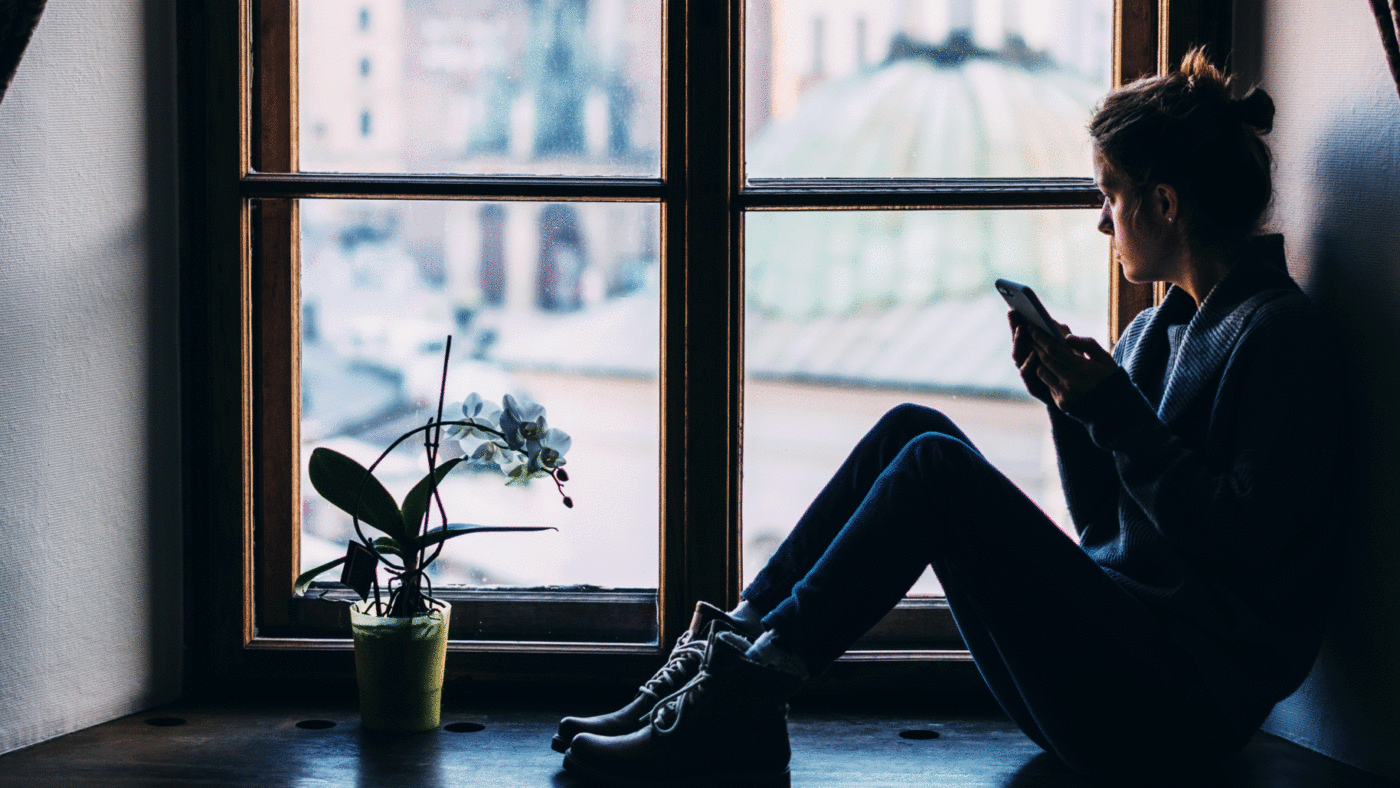Rumours have been flying – unlike the rest of us – about whether or not the UK government is going to introduce vaccine passports. Dominic Raab has suggested individual shops and restaurants could decide for themselves whether to ask for proof of vaccination before allowing people to access their services. At the same time the Government has ruled out using them within the UK, focusing instead on developing the passports for international travel as it seems increasingly likely other countries will require them.
Some people have argued this point isn’t worth labouring. Some kind of passports are inevitable as other countries want them, and it would be a better use of energy to make sure whatever system emerges is as unobtrusive and simple as possible. Anyway, they say, the Government has already said it isn’t designing a scheme for domestic implementation so we don’t need to worry – but this is a risky step to take. Vaccine passports for international travel could well be the thin end of the wedge, and we need to have a debate not only about this measure, which many may agree with, but the whole road ahead. Just yesterday cinema chains were reported to have already entered into technical discussions about requiring proof of vaccination before allowing customers to return.
There is a strong case to be made that peoples’ participation in public life should not be dependent on their health – we cannot allow ourselves to head down a path which shuts people with underlying health conditions away from the rest of society or effectively bans them from international travel because of a legitimate inability to receive the vaccines. But even if a robust exemption scheme were carved out and agreed, the idea of the vaccinated being able to go back to the old normal before the unvaccinated is a kick in the teeth to millions, especially young people.
Those who have borne the economic brunt of the pandemic through higher unemployment and extended periods on furlough, the trials and tribulations of working from home while renting cramped flats and shared houses, and the devastation of seeing relationships breakdown through an ability to meet up have done so – broadly without complaint – because we understand that the NHS could not be overwhelmed, and because we’d like to see our beloved grandparents in person again soon.
The thought of being punished, and it would feel like punishment, for that sacrifice by continuing to live under restrictions and curfews while those at greater risk are given back their freedoms isn’t something any government should consider. Private organisations should have the right to set whatever terms of entry they like under the law, and it may well be the case that Dominic Raab is right to suggest we may in future have to show vaccine status before accessing a football match or work for a particular company. We may oppose such a move but still defend an organisation’s right to do it. The purpose here is to examine the case for government discriminating against parts of its own population based on their place on the vaccine priority list, thereby leaving the young at the mercy of NHS bureaucracy.
For the week ending 29 Jan, only 1% of deaths from coronavirus were of someone under the age of 45. That is not to say the young shouldn’t be concerned about the virus – many in this age group have underlying conditions, the impact of long covid is still unclear, and we know the virus can still be passed to those at higher risk by the young. But people under 50 shouldn’t be penalised for their relative youth and lower risk profile which quite rightly puts them at the bottom end of the vaccine schedule.
Delivering the vaccine to the highest risk groups will dramatically reduce the impact on our health. We have already seen in Israel the number of infections falling, especially among the vaccinated, as well as significantly fewer serious illnesses and deaths. Once the UK has reached the stage where those most at risk have received both doses of the vaccine the argument for keeping all of us locked up disappears. We have struggled through a year more difficult than most of us could have ever imagined, and we owe an enormous debt to those who have struggled to keep others safe. Young people have lost jobs and livelihoods – not to protect themselves but to protect their loved ones, their colleagues, and complete strangers. Many will be left with fewer job prospects, fewer friends, more debt, and developing mental health concerns as a result of their sacrifice, and the least we can do to repay them is to not lock them up for a moment longer than necessary. The government needs to return our liberty to all of us, not just those who have been vaccinated.
Click here to subscribe to our daily briefing – the best pieces from CapX and across the web.
CapX depends on the generosity of its readers. If you value what we do, please consider making a donation.


